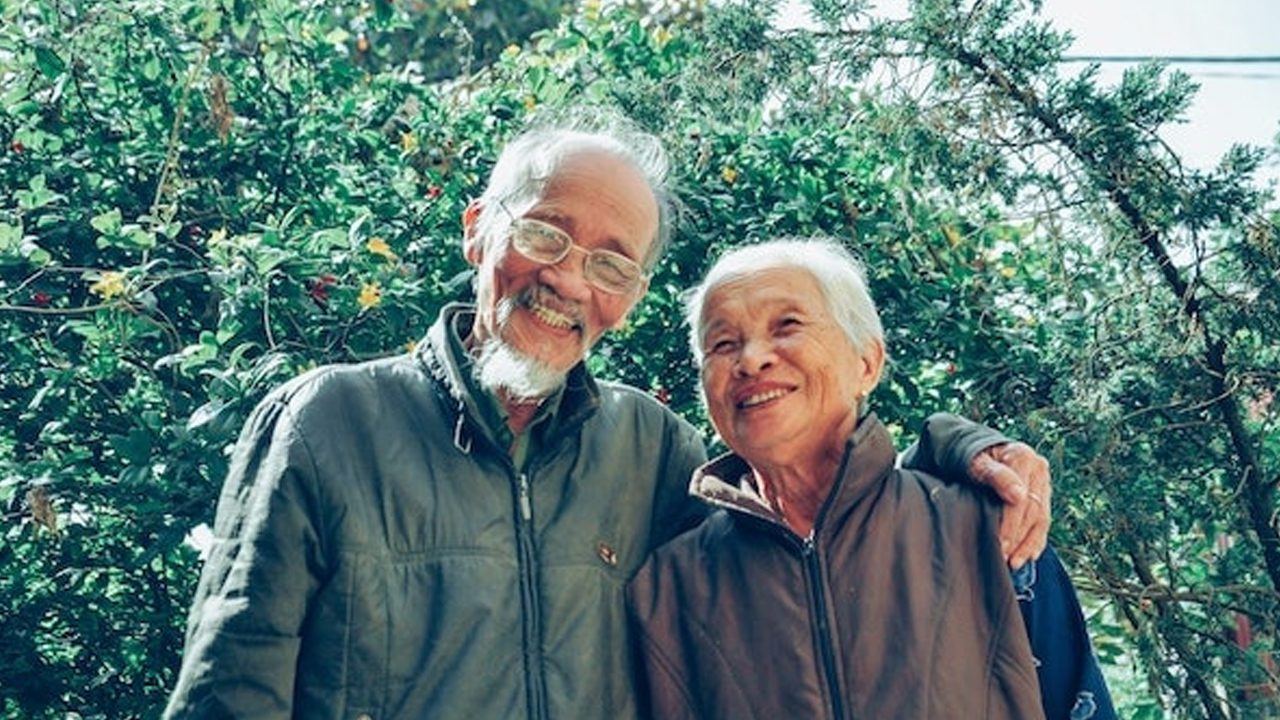Couples often ask me, “What is the secret to creating a lasting relationship?”
The answer is learning to create a relationship that’s based on mutuality. So, today I’m going to talk to you about what mutuality is, why you need it, and what the barriers are to creating it for your relationship.
Mutuality: The Key to Making It Last
What is mutuality?
If we were going to sum it up in one catch-phrase, we could say that mutuality means, “good for me, good for you.”
That means that everything that you do as a couple needs to be good for both of you. In order to make that happen, you have to use collaboration and cooperation in your relationship. You also need to make sure that everything you are doing is fair, just and sensitive for both of you.
A lot of times when I talk to the couples I work with about using mutuality as the basis for their relationship, they think that that sounds really good. Everyone seems to understand the value of being in this kind of relationship.
But the truth is that mutuality is actually quite a departure from the idea that many of us hold about what intimate relationships are about.
Is Our Culture Stopping You From Having a Great Relationship?
We all come to intimate relationship having inherited a strong message from our culture and often from our families of origin about what relationships are supposed to be about. This messages can get in the way of building a relationship based on mutuality.
What is this message?
The message is that you should not depend on anyone for anything, nor should anyone depend on anything from you. This message is going to create a barrier to getting the results you want for your relationship, so let’s take a moment to look at where this message comes from.
The first place that we get this message is in our western culture. Our culture as a whole is very focused on the principle of autonomy. This means that we get a lot of praise and appreciation for being able to do things by ourselves, pull ourselves up by our bootstraps, be independent and not rely on other people to take care of us in any way.
Often the cultural value we have around autonomy can really rub up against the idea of mutuality.
Because with autonomy, there is an understanding that we are not looking for anything from anyone else, whereas with mutuality, there’s an understanding that we actually need each other and we are dependent on each other to create a relationship that is good for both of us.
Mutuality implies an inherent interdependence between two people: I depend on you and you depend on me.
That is something that we cant just do by ourself.
Some of Us Have to Grow Up Too Quickly
The other place that many of us get the message that dependency is a bad thing is from our family of origin. Many people may have received messages that they should not be dependent or have any needs from other people.
So in addition to the cultural messages we get around valuing autonomy and pushing away anything that looks like dependency, many of us also get these messages from our families or origin. We may have come from families that really expected us to become autonomous and independent long before it would have been appropriate for a child of that age. Our parents may have had very little tolerance for us to express feelings of weakness or vulnerable emotions like sadness. They might have looked at our needs of them as being a nuisance or a burden to them.
When taken together, culture and family of origin can exert a strong influence on the way we think about relationship, creating barriers the mutuality that couples need in order to be successful long term.

Do You Have Each Other’s Back?
Many people come to my couples therapy practice saying that they don’t think that they should have to “look after” their partner in any way and that they don’t expect their partner to look after them in any way.
But, this philosophy is going to create big problems for you in your relationship.
The truth is that the idea that we each need to take care of ourselves in a relationship actually doesn’t hold up well in relationship. And that’s because fundamentally, nobody wants to be in a relationship where they are being treated unfairly or insensitively by the person closest to them.
So the approach to relationship which is, “You take care of yourself and I’ll take care of myself,” actually makes couples very unhappy. It creates a lot of frustration and pain, and makes people feel very unsafe. That’s because we all need to feel like the person closest to us has our back. So when we create something that is truly fair, just and sensitive for both people, what this does is it actually allows us to free up resources to further our development.
Creating Safety and Security in Your Relationship is Paramount
Now, we are no longer worried about whether or not our partner is thinking of us, whether they are going to be holding our concerns with the same degree of importance as our own.
We know we’ve got each other’s back, we know we are not going to drop each other. And if anything happens between us that does not feel good we are going to fix that right away. So we are able to take those basic concerns about our safety and security in the relationship off the table.
When we are not feeling threatened in the relationship any more, we are going to have a lot more resources to use to live our lives.
So if you really want to build a strong relationship with your partner, mutuality — good for me, good for you — needs to be the cornerstone of how you treat each other.
In my future videos, I’m going to talk more about exactly how to do that, so I look forward to you joining me for those.

Investing in Your Relationship Leads to a Long, Happy Life Together
If you are a couple and don’t have a couples therapist to walk with you every step of the way to help you get a lasting relationship based on enduring love, let’s connect by phone and see how I can help you get the results you want much faster.
Looking forward to speaking with you soon.

